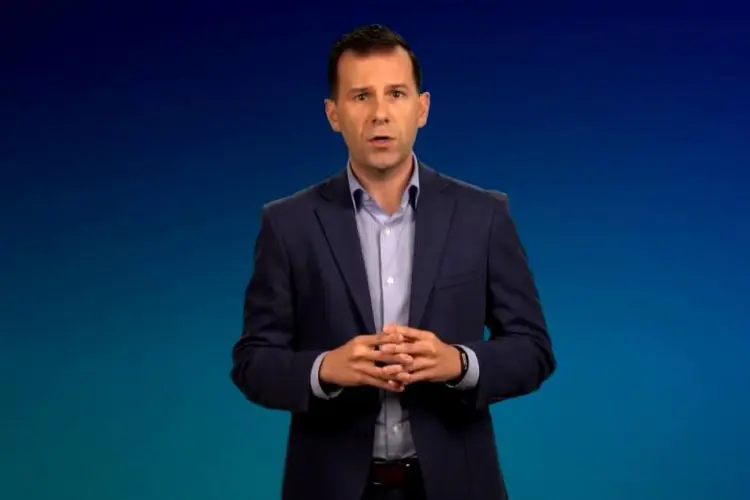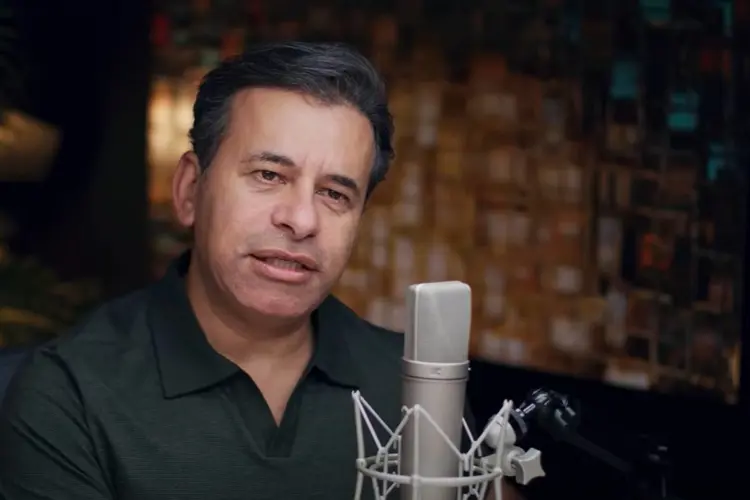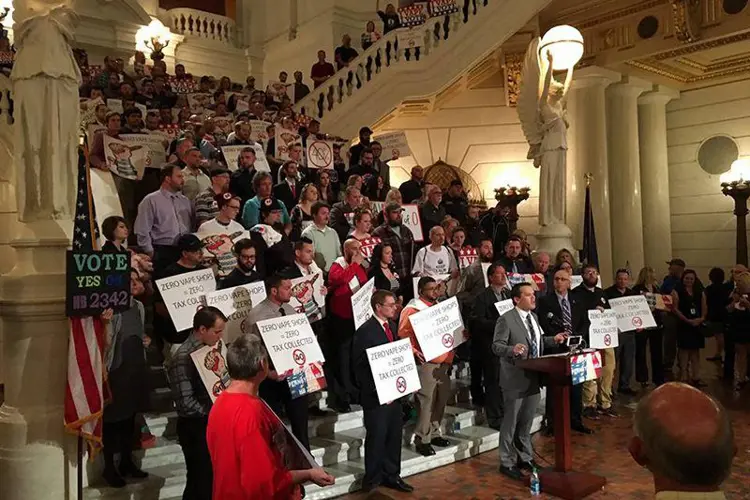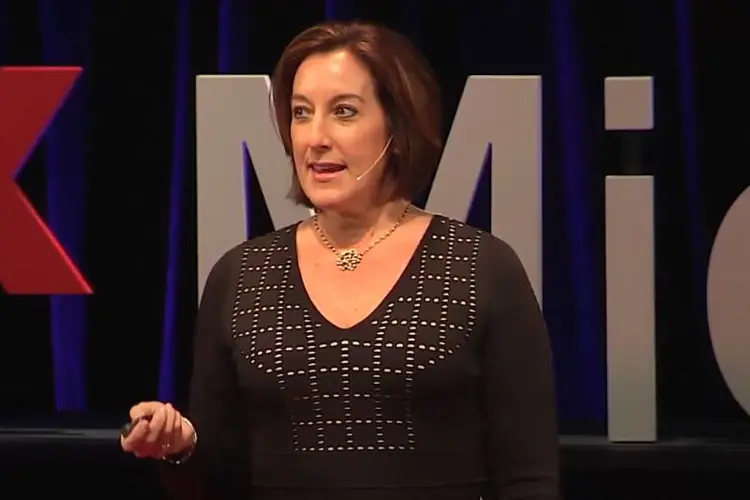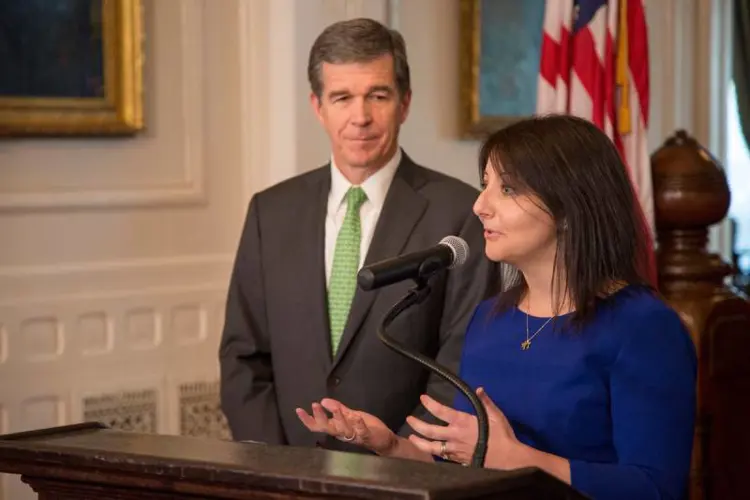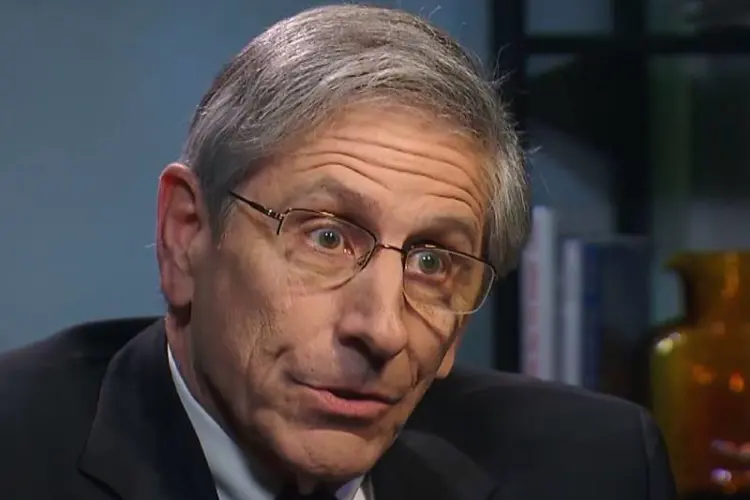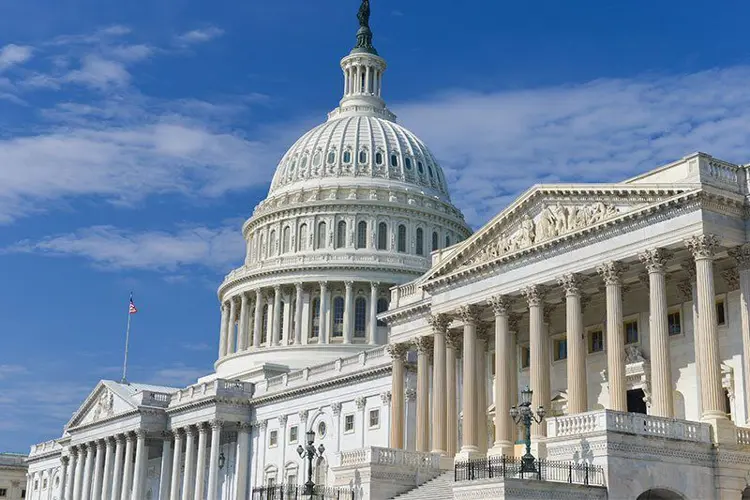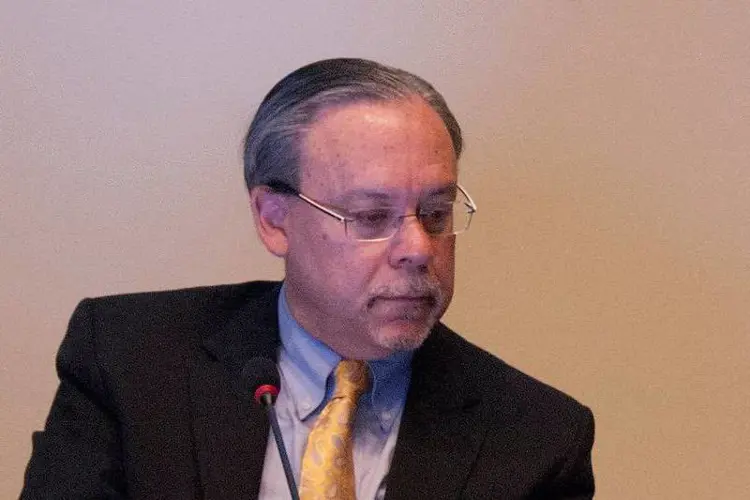President Biden will appoint former North Carolina health secretary Mandy Cohen to lead the Centers for Disease Control and Prevention (CDC), according to multiple news reports. The official announcement could come next week.
Cohen will assume the job after current CDC Director Rochelle Walensky leaves June 30. Unlike FDA commissioner, the CDC director does not require Senate confirmation.
A history in public health; no record on vaping
Cohen served as North Carolina Department of Health and Human Services secretary from 2017 to 2022, leaving to take a private sector job. Before that, she worked as chief operating officer and chief of staff at the Centers for Medicare and Medicaid Services (CMS) during the Obama administration, where she developed ties with several officials now part of the Biden healthcare team. Earlier, she worked on healthcare issues at the Department of Veterans Affairs. She is a doctor, trained as an internal medicine specialist.
Outgoing CDC Director Walensky—who came into the job without any public health management experience—was criticized for the agency’s COVID response, including shifting guidance to states and allowing political influence to shape decisions. Over the past year, she has led an overhaul of the agency to speed up future epidemic responses.
Cohen doesn’t seem to have a record of either supporting or opposing vaping as a harm reduction strategy. During the early days of the COVID pandemic she did urge people quitting cigarettes not to vape. Like Walensky before her, Cohen will probably allow the CDC’s tobacco team to operate without careful oversight.
Most CDC directors avoid tobacco issues
While the CDC doesn’t set administration tobacco or nicotine product policy, it has outsized influence on the process. The agency’s surveys—including the joint CDC-FDA National Youth Tobacco Survey, and the National Health Interview Survey—measure vaping and smoking increases and declines, which affect policy planning. The CDC Office on Smoking and Health has researched and written many of the Surgeon General communications on vaping and smoking, and the office has in recent years acted to amplify the talking points of anti-vaping tobacco control groups.
Generally speaking, CDC directors have taken a hands-off approach to the agency’s tobacco and vaping work. This has led to at least one tragic outcome, as CDC Director Robert Redfield allowed agency anti-vaping idealogues to steer communications during the CDC response to a 2019 outbreak of lung injuries caused by black market THC oil diluted with vitamin E acetate.
CDC named the condition “e-cigarette, or vaping, product use associated lung injury (EVALI),” implying that nicotine vapes (e-cigarettes) may have been responsible for the injuries. In reality, no nicotine product was implicated in any of the thousands of “EVALI” cases, which led to 68 known deaths and nearly 3,000 hospitalizations. The name “EVALI” is believed to have been coined by Office on Smoking and Health official Brian King (who was later tapped to run the FDA Center for Tobacco Products).
The agency never backed off its claim that nicotine products couldn’t be ruled out as a partial cause, and neither Redfield nor Biden-appointee Rochelle Walensky would overrule subordinates who refused to rename the condition or admit the CDC’s role in extending the outbreak. Walensky didn’t even respond to researchers’ formal request that she change the “EVALI” name, instead turning the agency’s answer over to the CDC “EVALI Incident Manager” who had bungled the situation to begin with.
One previous CDC director, Obama-appointee Tom Frieden, used the position to attack vaping, even ignoring a huge decline in teenage smoking to instead raise fears about e-cigarettes. Frieden, who first rose to prominence as New York City Health Commissioner under then-NYC Mayor Michael Bloomberg, now runs a Bloomberg-funded organization called Resolve to Save Lives.
Image courtesy Twitter
The Freemax REXA PRO and REXA SMART are highly advanced pod vapes, offering seemingly endless features, beautiful touchscreens, and new DUOMAX pods.
The OXVA XLIM Pro 2 DNA is powered by a custom-made Evolv DNA chipset, offering a Replay function and dry hit protection. Read our review to find out more.
The SKE Bar is a 2 mL replaceable pod vape with a 500 mAh battery, a 1.2-ohm mesh coil, and 35 flavors to choose from in 2% nicotine.
Because of declining cigarette sales, state governments in the U.S. and countries around the world are looking to vapor products as a new source of tax revenue.
The legal age to buy e-cigarettes and other vaping products varies around the world. The United States recently changed the legal minimum sales age to 21.
A list of vaping product flavor bans and online sales bans in the United States, and sales and possession bans in other countries.








